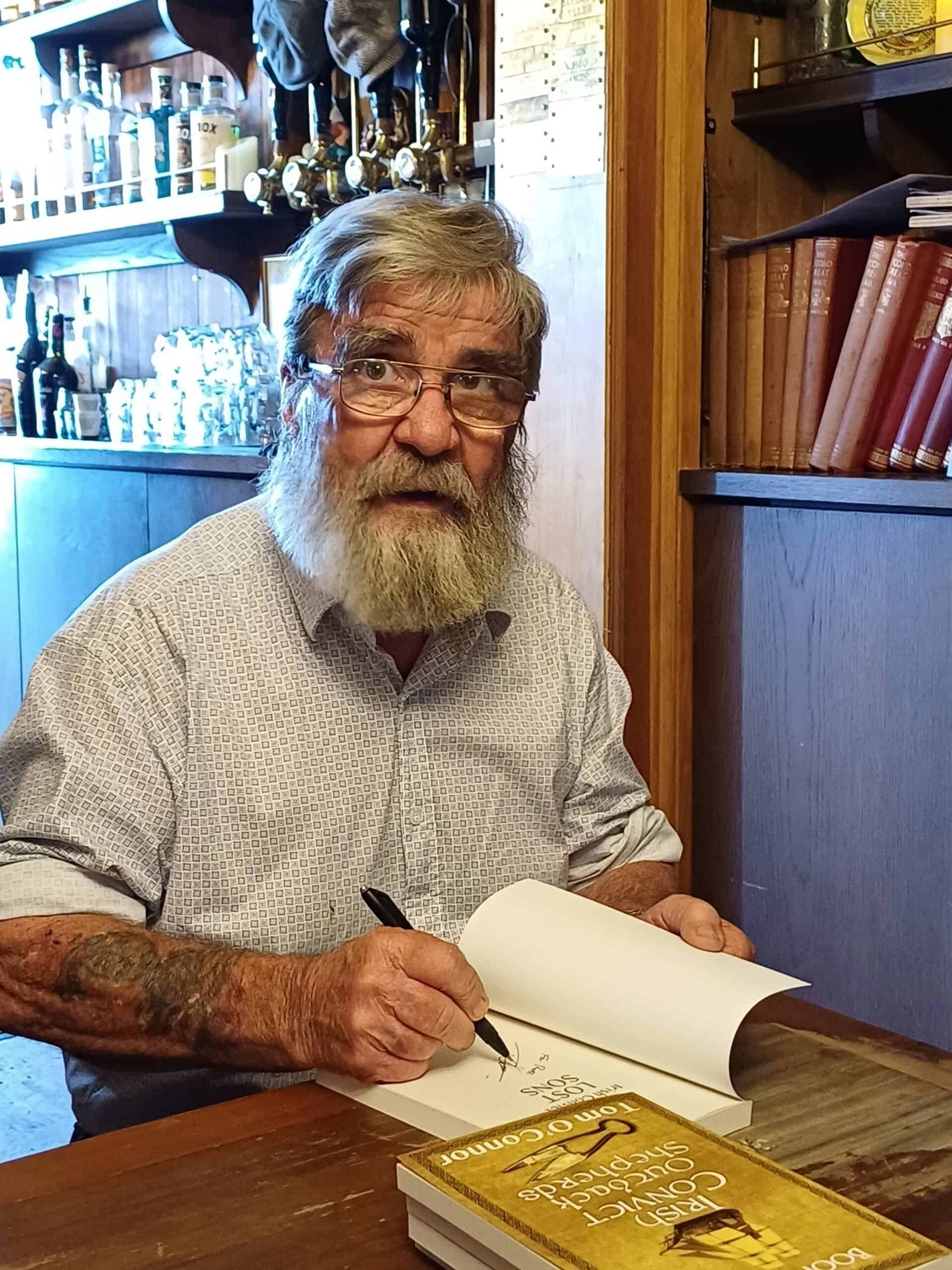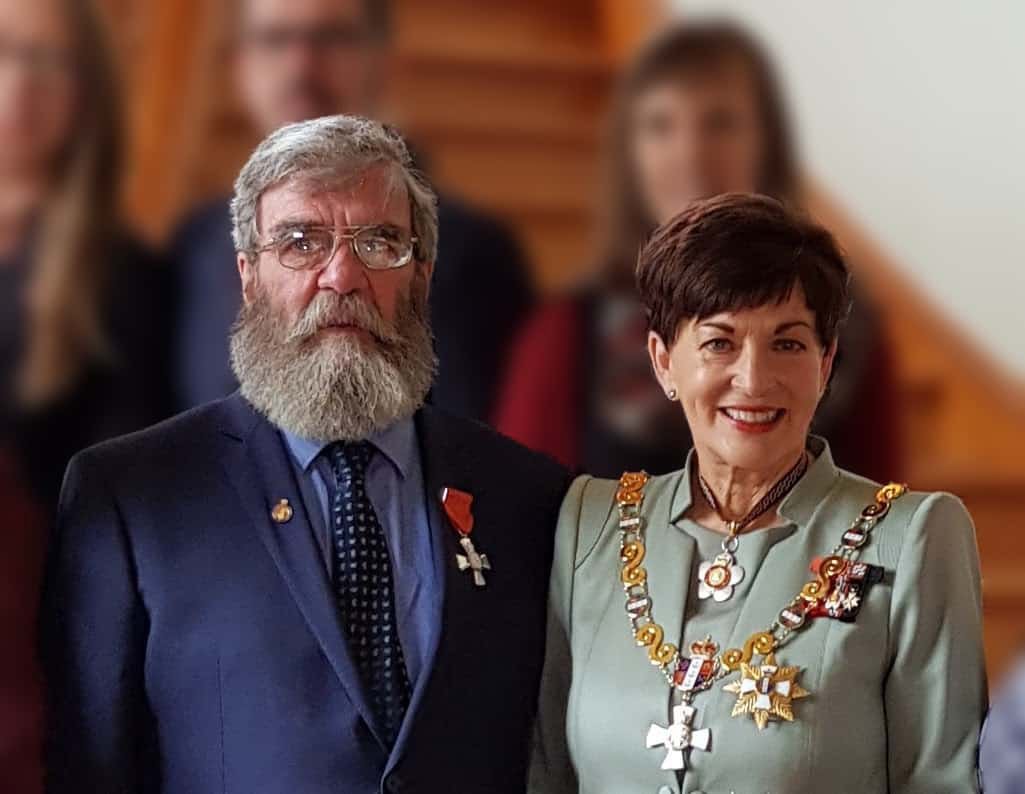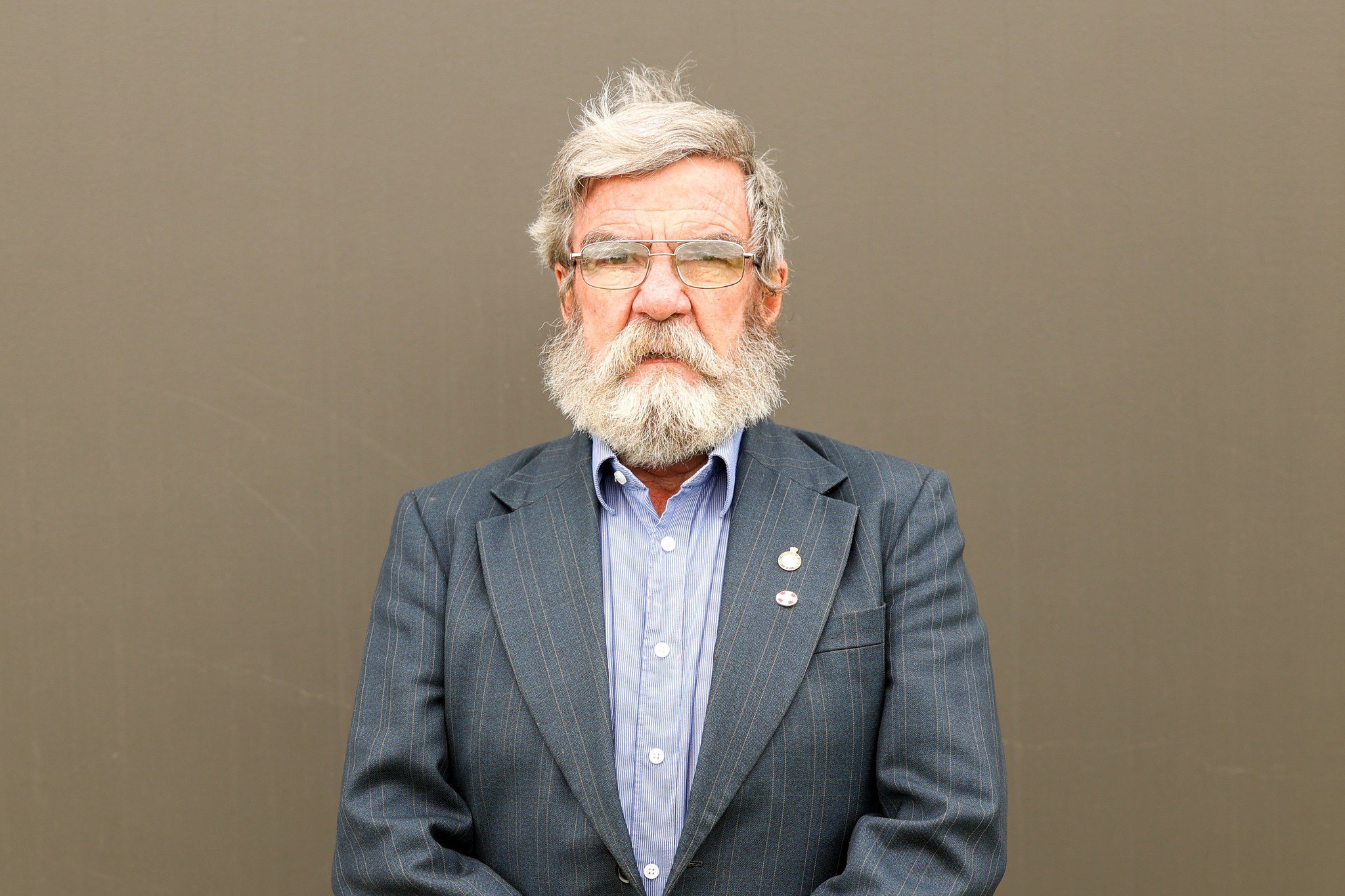
The district councillor, journalist, hunting and fishing advocate, conservationist, Grey Power delegate and husband, father, grandfather and great grandfather was full of so many opinions and ideas that he never really stopped moving.
Back in 2018, when I was working for the Timaru Herald, the newspaper thought it would be appropriate to write a piece on O’Connor, as he was apparently stepping back and retiring from the multitude of roles and responsibilities he held.
But his retirement can’t have lasted long, because he was soon standing for the Waimate District Council (again) and elected (again).
He also kept his ear to the ground over other councils and authorities in the region — he would frequently call up the Timaru Herald’s office with a news tip or two, and most of them stuck — and even this year, he was showing little sign of slowing down.
He was even prepared to run for the council one last time. He had told friends and the public there were several issues to solve at a central and local government level.
He wasn’t prepared to die yet, but a brain aneurysm earlier this year put paid to that. He died on August 6 in Timaru Hospital.
Waimate District Mayor Craig Rowley said O’Connor was a "model councillor".
"He was hugely involved with this community in St Andrews and the wider community.
"Obviously, he was ex-chairman of Grey Power and an author and things like that. So, he’s what you call an all-round good bloke."
O’Connor as a former journalist was "always questioning things".
"He wasn’t afraid to get into a good debate.
"But the beauty of Tom was you could sit there and disagree as much as you liked and at the end of the day, you’d all be friends.
"So, it was always the topic and never the person, which is the way it should be."
Rowley said he "learned a lot" from O’Connor during his stint on the council from 2013 to earlier this year.

"It was definitely a two-way street with Tom.
"He was very involved in his community and his community supported him."
Tom Michael O’Connor was born in Cambridge on July 26, 1944, the third of nine children of William "Bill" O’Connor and Frankie O’Connor (nee Kinzett).
His formative years were spent in Kawhia, where he grew up among the local Māori population, speaking a combination of te reo and pidgin English.
This knowledge of te reo would put him in good stead in the future, particularly as a novelist, historian and journalist.
He picked up his first journalism position in 1963 as a cub reporter for the Franklin Times, while also being a tugboat skipper for several years before the end of his first marriage precipitated a change in direction, becoming a transport dispatcher at the Glenbrook Steel Mill.
During his 14 years with New Zealand Steel, O’Connor helped establish the Waiuku Search and Rescue team, serving as its inaugural secretary.
He married his second wife, Joy, in 1982.
Stints at the Waitomo News followed, before the couple moved to Picton in 1987 after O’Connor became a resident correspondent for the Marlborough Express and eventually assumed the roles of farming and Māori affairs reporter.
He became a Fish & Game councillor for Nelson-Marlborough, and his interests in boating later led to his first book, 1999’s Death of a Cruise Ship, the story of the sinking of the Mikhail Lermontov in the Marlborough Sounds in 1986.
There were also stints at the Department of Conservation as a communications specialist before his semi-retirement in 2005 when he and Joy moved to the small South Canterbury community St Andrews.
He returned to journalism by writing for the Timaru Courier, as well as having regular columns in the Waikato Times and Taranaki Daily News.
He continued to write fiction and non-fiction, as well as a mix in his five-book historical fiction Irish Convicts series, about the diaspora of the Irish in New Zealand in the 1800s.
His last non-fiction book, Our Darkest Day, about the 2019 Christchurch Mosque attacks, was published in 2021.

He also continued to be a presence on the executives for Grey Power, where he was national president from 2016 to 2019. He was also the only justice of the peace in St Andrews.
He became a Member of the New Zealand Order of Merit in 2019 for his services to seniors, local government and journalism.
Daughter Kirsten Wilson said he was always a leader no matter the situation.
"He was wise. He was fun.
"As children he took us on countless adventures; hunting fishing boating exploring camping.
"If we weren’t in the wild we were outside in the backyard building something or fixing something like our go-karts or tree hut or a windmill."
She acknowledged he struggled to retire because of his sense of purpose strongly tied to helping the community.
"He could see there was still more to do in local and national governance.
"Whenever he had a near-death experience, he would joke that he couldn’t die yet, there were still more people to piss off.
"By that he meant challenging leaders and making things right.
"I miss his hugs. I miss his laugh. I miss his wisdom. I miss wit and humour. I miss talking to him about anything.
"There seemed to be no topic he didn’t know something about the history of it."
Tom O’Connor is survived by his daughter Peta Dowle, daughter Kirsten Wilson, son James O’Connor, his wife of nearly 43 years Joy, and his 18 grandchildren and nine great grandchildren.












